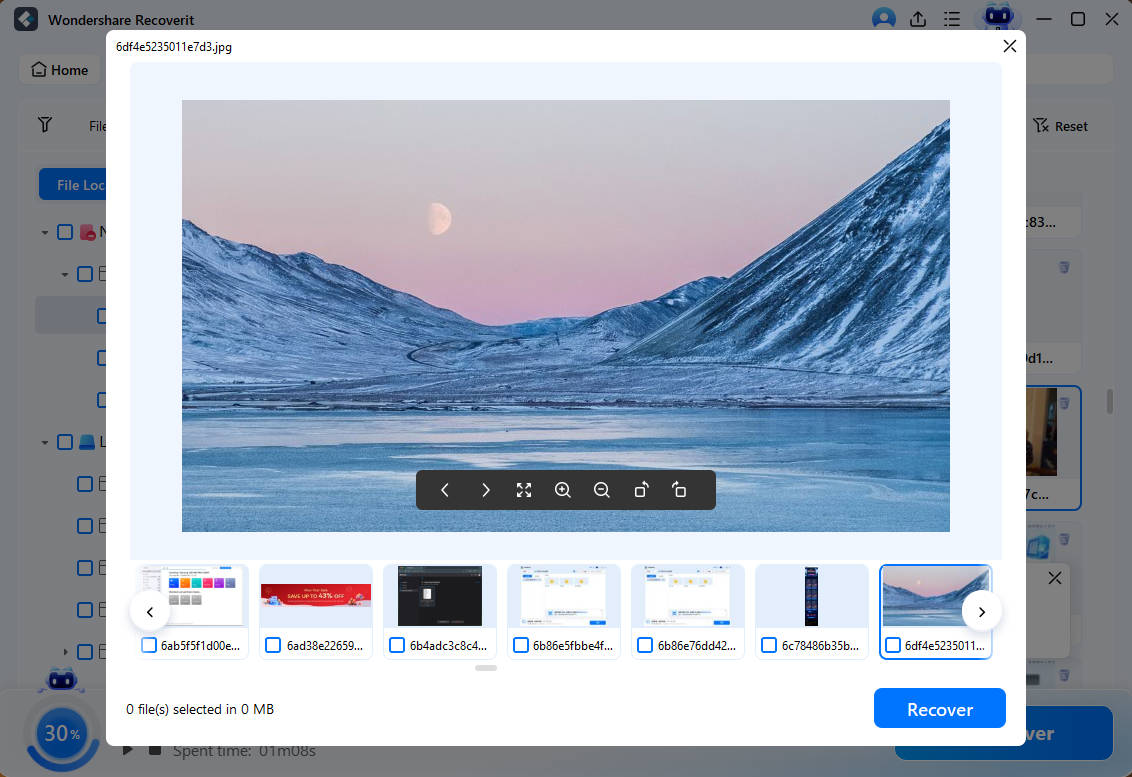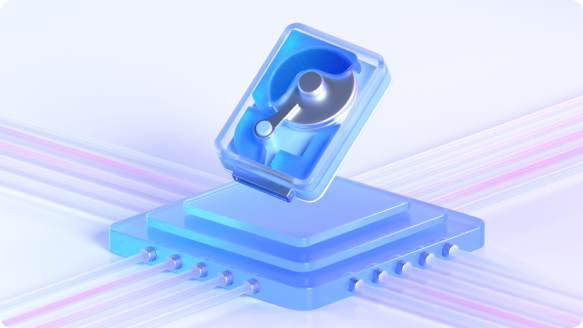How to Partition SD Card on Android
Internal storage is very important for portable devices such as smartphones. However, the internal storage of Android phones and such are limited in capacity and that can cause restrictions in the phone's usage. That is the main reason why it is oftentimes recommended to have an SD card installed in the device as well. SD cards are secondary storage devices that are small in size but powerful in memory.
For more advanced usage of memory, some people consider partitioning the SD card. After all, partitioning the SD card actually has many benefits. It can improve the device's performance, offers more memory, and so on.
Why We Need to Partition an SD Card
Before going through the step-by-step of how to partition the SD card, it is imperative to know first what is the purpose of partitioning. The purpose of partitioning is to make task processing easier for internal storage. Partitioning can be done on anything that has storage memory. SD cards are of no exception. SD cards are one of the storage memories available in the market nowadays and is mainly in use for portable devices.
SD cards are considered to be non-volatile memory storage formats mainly used for smartphones and other Android devices. The said devices commonly come with low in-built storage so having the said cards can supplement the memory space one can use. The SD card offers additional memory to be used for storing apps, files, and other important documents in portable devices.
Generally, the SD card only has one partition. It is highly recommended to partition SD cards as doing so allows for a lesser burden to the internal storage and thus saving up more space to be used for important processes. Otherwise, the internal memory will not be able to do the things that it is supposed to do and that can cause the performance of the device to drop considerably.
1Step-by-Step Guide to Partitioning SD Card
To partition the SD card from Android, you can resort to Disk Management, which is an inbuilt utility in Windows computer. Disk Management can be used to create partitions for your hard drive and SD card if need be.
If you are new to partitioning SD cards, then you better learn the right steps to do the work. Otherwise, you might do irreparable damage to your memory. Here are the steps on how you can partition the SD card for Android devices:
- Connect the SD card
a) Some computers have in-built SD card readers but others do not. If you have the in-built SD card reader, then you just have to insert your SD card in there. Otherwise, you have to plug an SD card reader into your USB port first to be able to have your computer read your SD card.
b) Once your computer reads your SD card, make sure to back up all the data that you do not want to lose before you proceed to partition the said card. Partitioning the card will wipe out all the data in it so be sure to back up important files.

- Open Disk Management
a) Run the Disk Management on your computer. Once you type "disk management" in the search box and click "Create and format hard disk partitions", you can get it opened.
b) Once you run the partition manager, you will see a list of all the drives on your computer. You must pick the drive for the SD card. Be extra careful that you do not make a mistake in choosing a drive, especially if you do not want to damage your computer or permanently delete important files.
c) Usually, the last drive on the list is the drive for the SD card. Right-click it and select "Shrink Volume" from the context menu.

- Select the size of the partitions
In this step, you should make changes to the size of the first partition. You can shrink the SD card with the size of the partitions set by default or set by yourself.

- Wait for a while
It won't take much time to shrink the partition. Wait for a little while and you can see the second partition appear in Disk Management. This second partition will take up the remaining space of the memory and show up as unallocated space.

- Create the second partition
The second partition should be created as a primary one. Right-click the second partition and select "New Simple Volume". Do not make any changes under the size options. Select a new and different letter to assign the drive.

- Partition the SD card
On the pop-up "New Simple Volume Wizard", uncheck the option of "Perform a quick format" and check "Format this volume with the following settings". From the File System dropdown, select "NTFS". Once the formatting is over, you can see the second disk of the SD card in File Explorer.

Finally, you can then remove the SD card from your computer and plug it back into the Android device. You are good to go then!
2How to Recover Lost Data After You Process Partition SD Card
There might be some data that gets lost after you partition SD card. Do not panic just yet! There should still be a way to get these lost data back. Using SD card data recovery programs, you still have a chance of recovering important files. The most recommended program to use for recovering lost data after partitioning SD card is Recoverit Data Recovery. Here are the steps on how to use this particular program:
- Recover lost or deleted files, photos, audio, music, emails from any storage device effectively, safely and completely.
- Supports data recovery from recycle bin, hard drive, memory card, flash drive, digital camera, and camcorders.
- Supports to recover data for sudden deletion, formatting, lost partition, virus attack, system crash under different situations.
- The first step is to install Recoverit SD Card Data Recovery into the computer. You will be asked whether you will want to connect directly to the camera, to an SD card, USB drive or other mass storage devices, or the internal hard drive.
- To recover deleted data from the SD card, you can go to select the option "External Devices Recovery" to get started.

- Make sure your SD card connected to the computer and detected. Select it and click the "Start" button to process.

- If a quick scan can't get you lost data, you can go to a deep scan with the "All-around Recovery" mode which will deeply search your SD card.

- Find the data that you want to recover and click on the Recover button. You can click on the Back button if the data you are trying to recover is not on the list and you want to select another partition or drive.

Partition Solutions
- Manage Your Partition
- Fix Partition Errors
- Partition Tips
























Theo Lucia
chief Editor